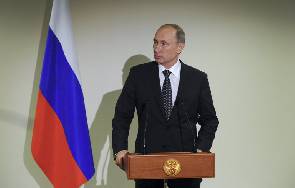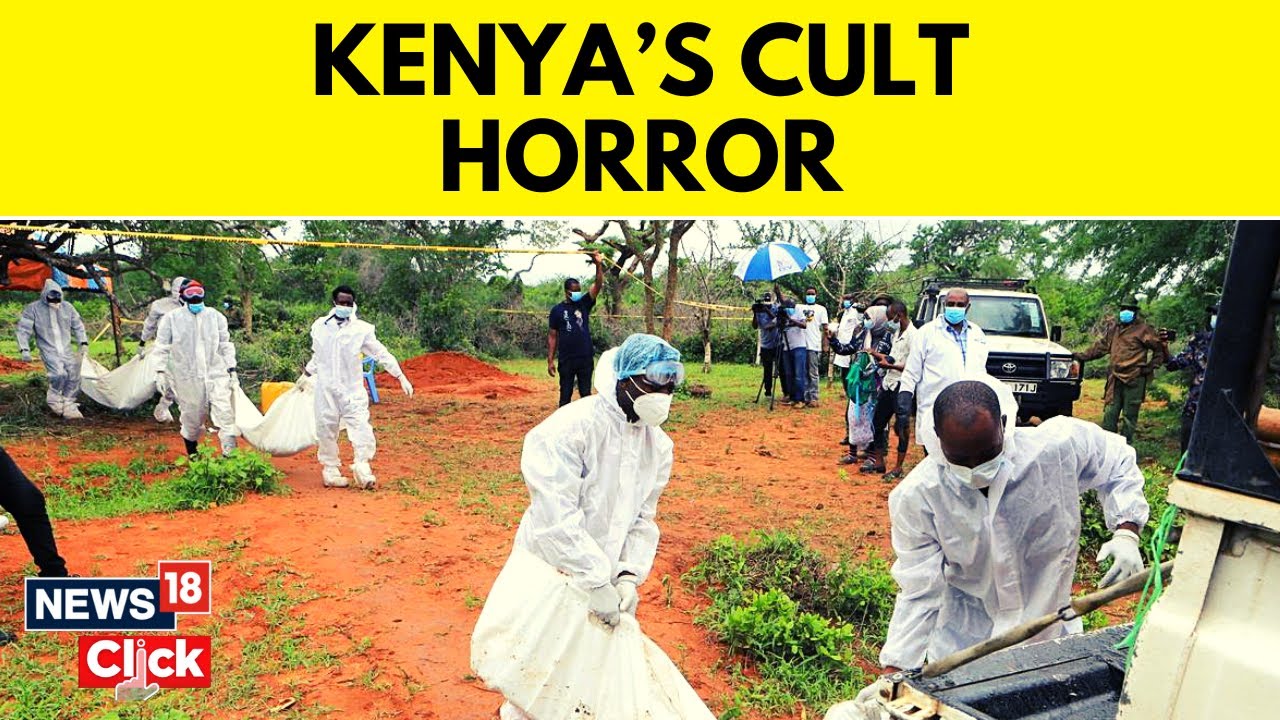US President Donald Trump is to have his first face-to-face encounter with Russia’s leader Vladimir Putin at a G20 summit in Germany’s city of Hamburg.
They have both said they want to repair ties, which were damaged by the Syria and Ukraine crises, and also Russia’s alleged meddling in the US election.
Ahead of the G20, 76 police officers were hurt in clashes with protesters. Mass rallies are expected on Friday.
World leaders face their own divisions over climate change and trade.
Trump-Putin rendezvous – what are the main issues?
The two leaders are due to meet on Friday afternoon on the sidelines of the G20 summit.
Russian media have said that the meeting will last for an hour, but later reports suggest it could be about 30 minutes.
The presidents are expected to focus mainly on the Syria and Ukraine issues.
On Thursday, Mr Trump used a speech in the Polish capital Warsaw to call on Russia to stop “destabilising” Ukraine and other countries.
Moscow should also end support for “hostile regimes” such as those in Syria and Iran and “join the community of responsible nations,” he said.
President Trump urged Russia to join the “fight against common enemies and in defence of civilisation itself”.
The Kremlin rejected his comments.
Russia annexed Ukraine’s southern Crimea peninsula in 2014, and is accused of sending troops and weapons to separatists in Ukraine’s east.
Moscow denies the allegations, but admits that Russian “volunteers” are fighting with the rebels.
In Syria, Washington supports some armed opposition groups, while Moscow is the main ally of President Bashar al-Assad.
The Kremlin has been stressing the potential for finding some common ground, but Mr Trump’s choice of words aimed at Russia in his Warsaw speech suggests he recognises the political danger of being seen as too close to Mr Putin and he is already trying to land some blows, the BBC’s James Robbins says.
And it remains to be seen whether the issue of Russia’s alleged interference into the US presidential election in 2016 will arise at the Trump-Putin talks.
G20 – a potentially fractious summit?
The leaders of the world’s major economies face their own disagreements during a series of planned bilateral meetings in Germany’s northern city.
Last week German Chancellor Angela Merkel said the G20 would focus on the Paris climate deal – an international agreement on tackling climate change – which the US has withdrawn from.
But earlier she said that, as the G20 host, she would work to find compromises.
Meanwhile, British Prime Minister Theresa May is expected to challenge President Trump over climate change by saying that the Paris Agreement should not be renegotiated.
Another potential thorny issue at the G20 is trade.
Mrs Merkel and other EU leaders have expressed their commitment to an open international trading system, while the Trump administration favours protectionism under the “America First” motto.
What about protesters?
Thursday’s clashes, which continued into the night, began when police charged at masked protesters at a “Welcome to hell” march attended by 12,000 people.
Police fired water cannon and pepper spray at masked protesters, who hurled bottles, stones and flares.
Medics were seen treating several people. At least one person appeared to have been seriously hurt and was carried away covered by a foil blanket.
More mass demonstrations are expected on Friday, with up to 100,000 protesters expected over the two-day event.
Anti-G20 activists first plan to blockade the city’s harbour and the summit venue at Hamburg Messe and Congress Centre.
A march by children and youths is being organised later in the morning, and separate gatherings – including a “Sink Capitalism” rally – are expected later in the day.








